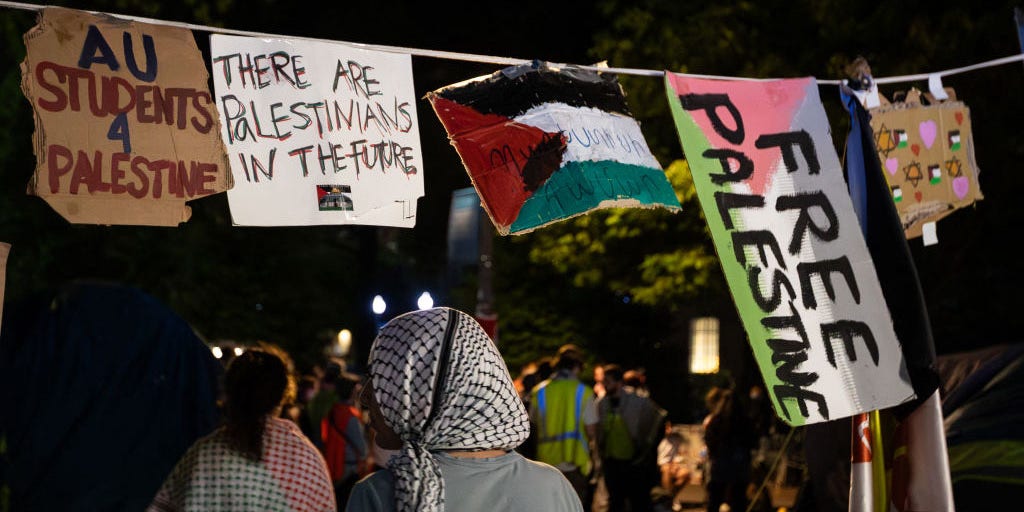Clash at GMU: Virginia Democrats Block Youngkin's Antisemitism Nominee Amid Campus Controversy

In a surprising turn of events, Kenneth Marcus found himself unexpectedly removed from a resolution confirming Virginia Governor Glenn Youngkin's nominees to the George Mason University Board of Visitors. The sudden omission of Marcus's name has raised eyebrows and sparked speculation about the underlying reasons for his exclusion.
Marcus, a prominent figure in educational policy, was initially slated to be part of the board confirmation process. However, his name was quietly stripped from the resolution, leaving many to wonder about the circumstances behind this unexpected development.
Governor Youngkin's nomination process for the Board of Visitors typically involves careful consideration of potential members, making this particular incident stand out as unusual. The removal of Marcus's name suggests potential behind-the-scenes dynamics that have yet to be fully explained to the public.
While the exact reasons remain unclear, the incident highlights the sometimes complex and politically nuanced nature of university board appointments in Virginia. Political observers and education stakeholders are closely watching how this situation might unfold.

